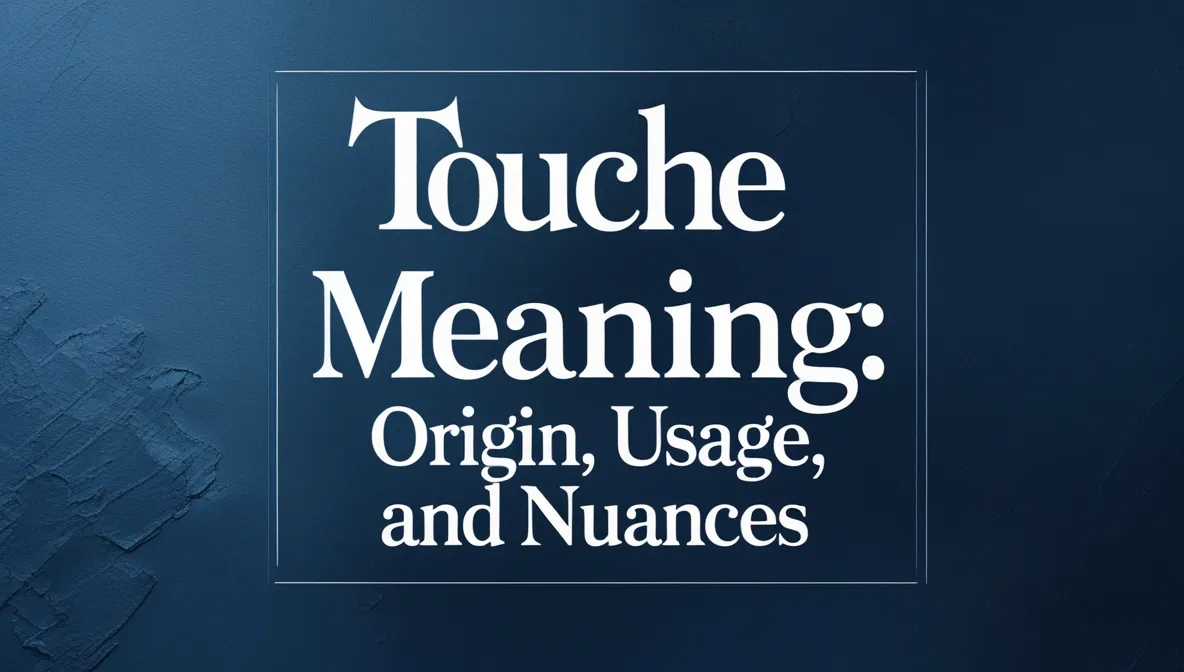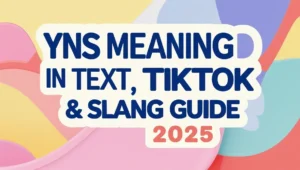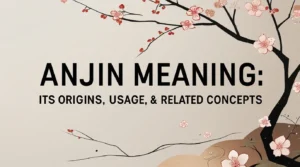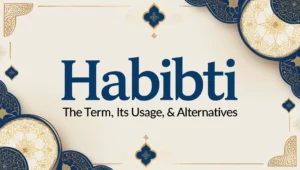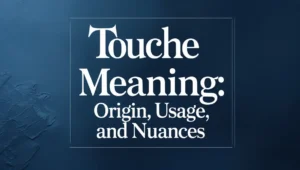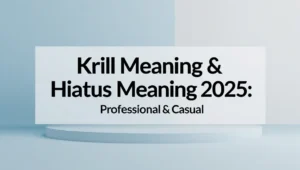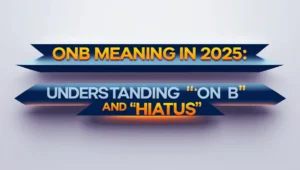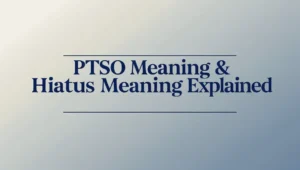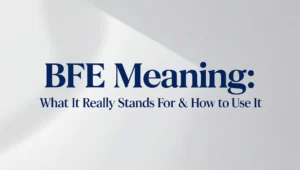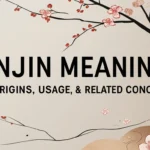In today’s fast-evolving digital language, certain words and phrases from the past remain as relevant—and as intriguing—as ever. One such term is “Touche”. If you’ve found yourself wondering about the meaning of touche in 2025, you’re in the right place. Whether it’s used in witty banter, sharp comebacks, or online conversations, understanding the origin, usage, and nuances of touche can help you communicate more effectively and sound a little sharper in any discussion. In this article, we’ll dive deep into what touche really means in 2025, where it comes from, how people use it today, and how you can sprinkle it seamlessly into your own conversations.
The Origin of Touche: A Word with French Flair
“Touche” is a word borrowed directly from French, where it literally means “touched”. Historically, it comes from the world of fencing. When a fencer scores a hit on their opponent, the referee would declare “Touche!” as an acknowledgment of a valid point or strike. Over time, this term crossed over into everyday English usage, evolving into a way to recognize a clever or effective point someone has made in a conversation or debate.
In 2025, touche meaning retains much of this original flavor. It’s a way to acknowledge a witty retort or a smart comeback that can’t easily be countered.
How Is Touche Used in Conversations and Texting?
Today, “touche” is primarily used to:
- Acknowledge a good point or comeback during debates or friendly arguments.
- Show respect for cleverness or wit in conversations.
- Lightly admit defeat in a verbal exchange, often with a playful tone.
For example: Person A: “You always say you’re on time, but you were late to the last three meetings.” Person B: “Touche.”
It’s a quick and elegant way to give credit where credit is due, signaling that the other person’s comment was valid or clever.
The Nuances of Touche in 2025: When and How to Use It
While the meaning of “touche” has stayed consistent, its use in 2025 comes with a few nuances that are worth noting:
- Tone Matters: “Touche” can be playful, sarcastic, or sincere depending on context and delivery.
- Formality: It’s mostly informal and best suited for casual conversations, texts, social media, and lighthearted debates.
- Cultural Awareness: Although originally French, “touche” is widely recognized and used by English speakers globally, especially in English-speaking countries with exposure to French culture.
Common Mistakes to Avoid When Using Touche
Using “touche” incorrectly can make you sound pretentious or awkward. Here are some tips:
- Don’t use it when you haven’t actually been “touched” or bested by the other person’s comment. It’s meant as an acknowledgment, not just filler.
- Avoid using it in very serious or professional settings where a more formal response is expected.
- Don’t overuse it; like all good phrases, it loses charm if said too often.
Touche in Pop Culture and Social Media
The word “touche” often pops up in memes, tweets, and online debates where people are trading witty remarks. It’s become a shorthand for respecting cleverness, and many use it as a hashtag or reaction on platforms like Twitter, Instagram, and TikTok.
For example:
- Someone posts a sharp comeback on Twitter, and followers reply with “#Touche” or just “Touche!”
- In memes, it’s paired with images of fencing or quick verbal wins.
5 Unique FAQs About Touche Meaning in 2025
1. Can “touche” be used in text messages? Absolutely! It’s commonly used in texting to acknowledge a clever point or playful jab.
2. Is “touche” considered formal or informal? Mostly informal. It fits best in casual conversations and online chats rather than professional emails.
3. How do you pronounce “touche”? It’s pronounced “too-SHAY,” following the French pronunciation.
4. Is “touche” used outside of English? Yes, it’s originally French, but it’s now understood and used by many English speakers worldwide.
5. Are there alternative words or phrases to “touche”? Yes, you can say “good point,” “well said,” or “you got me” for a similar effect, though none carry the exact same nuance.
Conclusion
In 2025, touche remains a stylish, succinct way to recognize wit, cleverness, or a well-made point in conversations. Rooted in its French fencing origins, the word continues to enrich our language by offering a charming acknowledgment of verbal sparring victories. Whether you’re chatting with friends, debating online, or simply want to sound a little more eloquent in your texts, adding “touche” to your vocabulary is a smart move. Just remember to use it appropriately and sparingly to keep its impact strong—and always appreciate a good comeback when you hear one.

